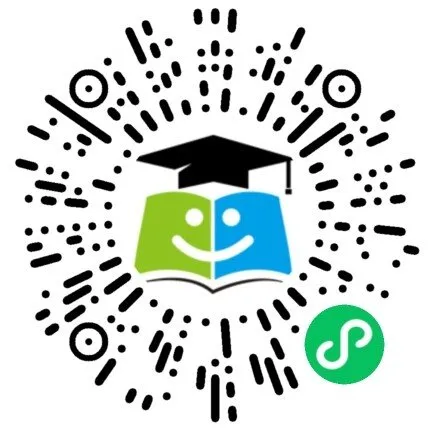Passage Two I've known the mother sitting in front ofme at this parent-teacher conference for years, and we have been through a lottogether. I have taught three of her children, and I like to think we've evenbecome friends during our time together. She's a conscientious mother whoobviously loves her children with all of her heart. I've always been honestwith her about their strengths and weaknesses, and I think she trusts me totell her the truth .But when she hits me with the concern that's been botheringher for a while, all I can do is nod, and stall for time. "Marianna's grades are fine; I'm notworried about that, but she just doesn't seem to love learninganymore."She's absolutely right. I'd noticed the same thing about herdaughter over the previous two or three years, and I have an answer, rightthere on the tip of my tongue, for what has gone wrong. The truth-for this parent and so manyothers-is this: Her child has sacrificed her natural curiosity and love oflearning at the altar of achievement, and it's our fault. Marianna's parentsher teachers, society at large-we are all implicated in this crime againstlearning .From her first day of school, we pointed her toward that altar andtrained her to measure her progress by means of points, scores, and awards. Wetaught Marianna that her potential is tied to her intellect, and that herintellect is more important than her character. We taught her to come homeproudly bearing As, championship trophies, and college acceptances, and weinadvertently taught her that we don't really care how she obtains them. We taughther to protect her academic and extracurricular perfection at all costs and thatit's better to quit when things get challenging rather than risk marring that perfectrecord. Above all else, we taught her to fear failure. That fear is what has destroyedher love of learning. Marianna is very smart andhigh-achieving, and her mother reminds her of that on a daily basis. However,Marianna does not get praised for the diligence and effort she puts intosticking with a hard math problem or convoluted scientific inquiry. If thatanswer at the end of the page is wrong, or if she arrives at a dead end in herresearch, she has failed-no matter what she has learned from her struggle. Andcontrary to what she may believe, in these more difficult situations she islearning. She learns to be creative in her problem-solving. She learnsdiligence. She learns self-control and perseverance. But because she is scaredto death of failing, she has started to take fewer intellectual risks.
According to the author, ______
A、the whole society are involved in the crime against learning
B、teachers should be blamed for students' loss of strengths
C、parents kill their children's interest in grades
D、children are not born to love learning
【正确答案】:A



发表评论 取消回复